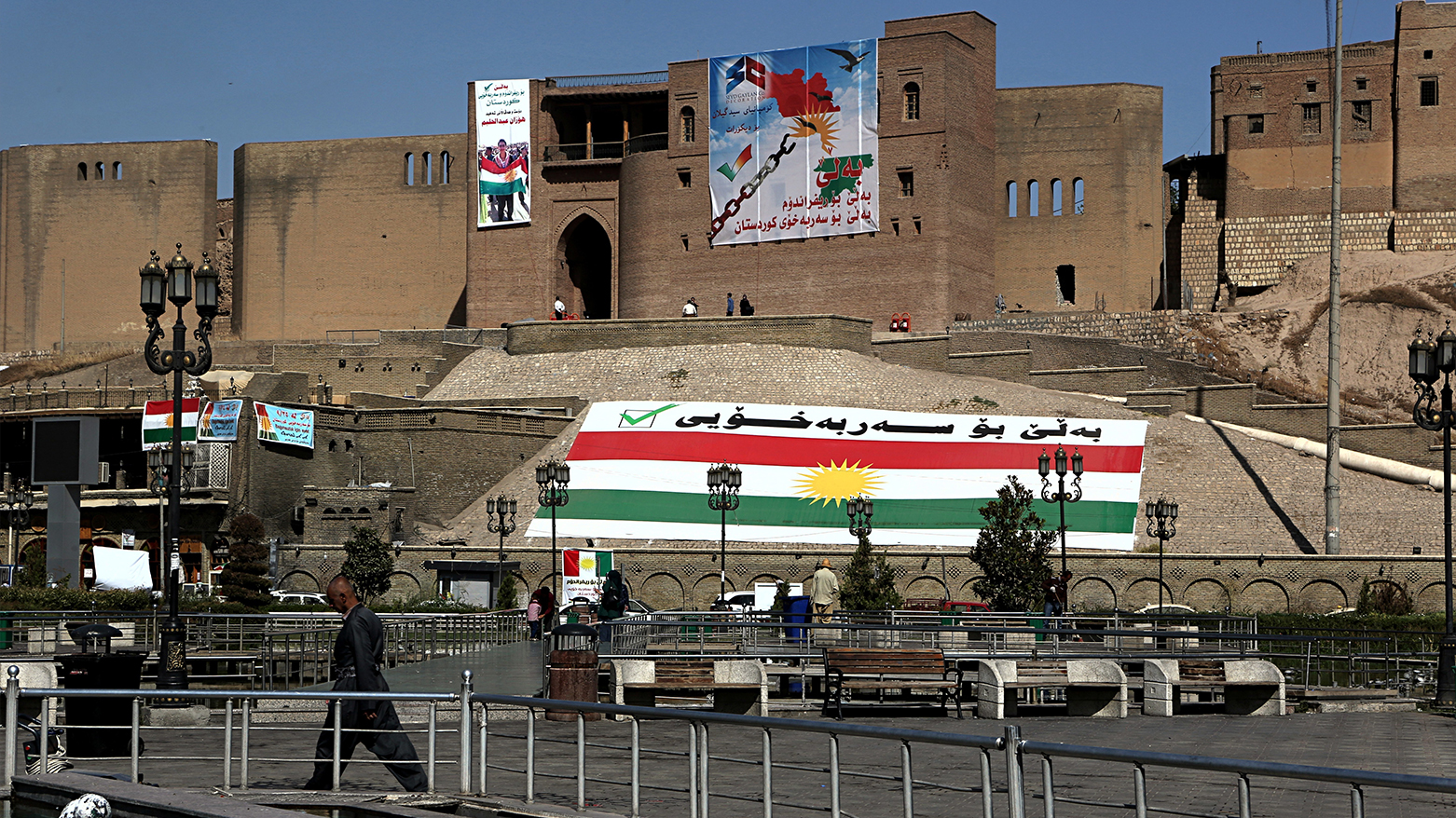
Tara Shwan
Writer
The Kurds: The Largest Stateless Nation in the World
This September marks the 2017 Kurdistan independence referendum anniversary. Backed by 92% of voters yet denied recognition, it symbolizes Kurds’ century-long struggle for self-determination, resilience against oppression, and enduring quest for a sovereign, democratic homeland.

By: Tara Shwan
This September marks the anniversary of the 2017 independence referendum in the Kurdistan Region of Iraq. A moment of profound significance not only for Kurds, but for all peoples striving for self-determination.
Despite overwhelming support for independence with over 92% of voters casting their ballot in favor, the international response was cold, dismissive, and, in some cases, outright hostile. Yet the lack of recognition does not render the referendum illegitimate. On the contrary, it highlights the deep disconnect between the ideals the international community claims to uphold and the political realities it chooses to maintain.
The Kurdish people, numbering over 50 million across Iraq, Turkey, Iran, and Syria, constitute the largest stateless nation in the world. Despite their size, history, and cultural cohesion, they have been denied a sovereign state of their own since the early 20th century, when colonial powers redrew the map of the Middle East without Kurdish input or consent. Since then, Kurds have lived as minorities within states that, more often than not, have actively sought to suppress their identity, language, and political aspirations.
In Iraq alone, Kurds have endured decades of systemic oppression, culminating in the horrors of the Anfal Campaign in the late 1980s a genocidal operation carried out by Saddam Hussein’s regime that resulted in the deaths of around 180,000 Kurds and the destruction of thousands of villages. And while the fall of that regime in 2003 created space for Kurdish autonomy within Iraq’s federal system, the promise of partnership with Baghdad has repeatedly faltered. Budget disputes, territorial disagreements, and political marginalization have continued to strain the relationship, leaving many Kurds convinced that true security and dignity can only be guaranteed through independence.
The 2017 referendum was not a hasty or irresponsible act, as some critics claimed. It was the culmination of decades, indeed, generations of struggle for self-determination. It was carried out peacefully, transparently, and in accordance with democratic principles. Yet rather than being celebrated as an expression of democratic will, it was punished. The Iraqi government responded by seizing disputed territories, including Kirkuk. Neighboring states, fearing the empowerment of their own Kurdish populations, imposed blockades and threats. The international community urged restraint, but only from the Kurdish side.
This double standard is not new. While the right to self-determination is enshrined in international law, its application has always been selective. The Kurdish case is routinely sidelined in favor of preserving existing borders and maintaining geopolitical alliances. But stability built on suppression is not true stability, it is a temporary silence imposed on a long-standing injustice.
It is important to recognize that Kurdish aspirations are not rooted in aggression or expansionism. They are rooted in a desire to live freely and with dignity in their own homeland — a right that every nation should be afforded. Kurds have demonstrated time and again their capacity for governance, resilience in the face of adversity, and commitment to democratic values, particularly in the Kurdistan Region of Iraq, which has remained one of the most stable and secure parts of the country even during periods of national crisis.
The 2017 referendum should be remembered not as a failed attempt at secession, but as a clear and courageous declaration of national will. Its message remains unchanged: the Kurdish people are ready and willing to govern themselves. Recognition may be delayed by global politics, but the moral and historical legitimacy of Kurdish statehood remains intact.
To deny the Kurds the right to self-determination is to continue a century of injustice. To acknowledge it is not to destabilize the region, it is to begin repairing one of the great unfinished stories of the modern Middle East. The world may not have stood with the Kurds in 2017, but history eventually favors those who demand justice peacefully, persistently, and with unwavering clarity.
The views expressed in this article are those of the author and do not necessarily reflect the editorial stance of Kurdistan24 English.